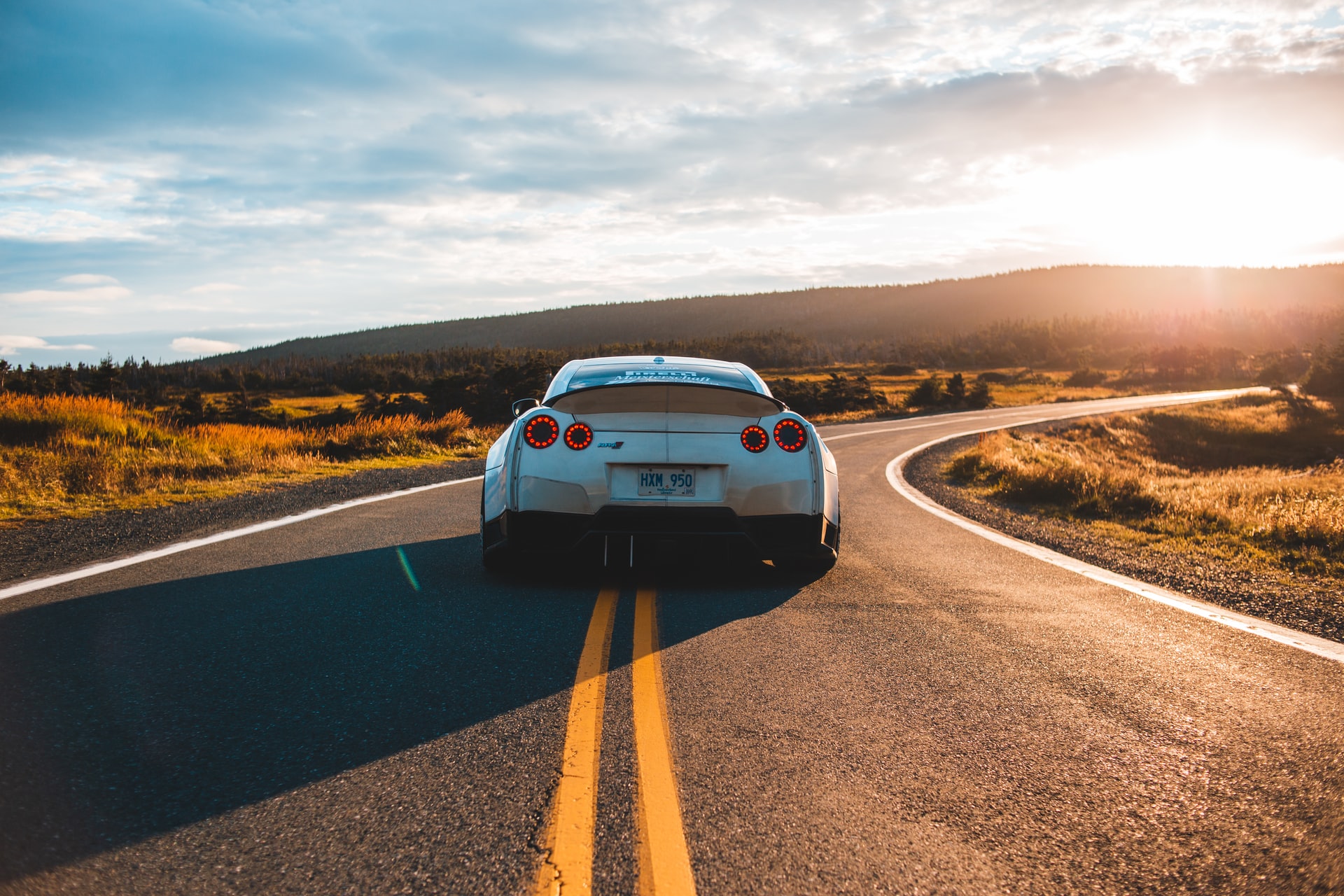A car is one of the most significant purchases you can make, only behind buying a new home. It’s normal for buyers to assess various cars and contact several dealers before purchasing. When you eventually find the car of your dreams, you’ll have to decide between paying in cash or financing your vehicle. Should you buy a car with cash? We’ll discuss the pros and cons of each decision.
Upsides When Buying a Car with Cash
Buying a car with cash presents several upsides, which we will cover in detail.
It Can Help Prevent You from Overspending
Financing helps you afford a better car. You can buy a $50,000 car even if you don’t have $50,000 in the bank. Financing makes you prone to overspending and straining your budget. It’s easy to look at the vehicle instead of considering future finances. Sticking with cash prevents you from overpaying. You can only use the money in your bank account.
Paying solely with cash forces you to consider what you want from a car. Most car buyers don’t need every feature or the nicest vehicle. They only need a functioning ride for transportation.
No Interest Payments
Interest rates silently increase your costs. Some car buyers pay thousands of dollars in interest over the lifetime of their auto loans. A low credit score will make it worse. Auto lenders will set higher interest rates for people at lower credit levels, increasing your monthly payments. If you’re stuck with an interest rate, auto refinancing can lower your rate.
You Won’t Become Upside Down on Your Loan
Unlike real estate, cars don’t appreciate. These assets rapidly depreciate, with many losing over 20% of their value in the first year. This rapid depreciation combined with a financed purchase can put you in the negative. You’ll owe more than what the car is currently worth. You can avoid the glaring depreciation problem by paying in cash or looking at the used car market.
Financing Options Don’t Matter
You may not get sufficient financing to cross the finish line and make your purchase. A lender may reject your request because of various factors such as income, credit score, and current obligations. Getting financing to purchase a car from a private seller is even more challenging.
When you pay with cash, the financing options don’t matter. You don’t have to hope a lender approves your loan application. Instead, you can pay yourself and drive in your new car.
Own the Car Outright
Buying a car with cash gives you outright ownership. You don’t have to pay a lease each month and worry about interest payments. The car no longer eats into your budget. This flexibility will give you space for gas, auto insurance, and other expenses. Not having a loan on your shoulders frees you from debt and makes car ownership more affordable.
Downsides When Buying a Car with Cash
Buying a car with cash has several perks, but the downsides are significant. We will cover some of the disadvantages in detail.
You Might Not Have Enough Budget for the Car You Want
Only using cash helps you avoid overspending. You’ll stay in line with your budget instead of spending more on a car than necessary. However, not everyone has enough cash to buy a good car. $5,000 will block off many choices. Financing provides necessary leverage that helps people buy a car even if they feel priced out. Financing increases your pool of car choices.
It May Affect Your Financial Stability
A car isn’t your only expense. You also have to pay for housing, groceries, and additional costs. So, buying a car with cash gives you less money for the other parts of your budget. While this isn’t a problem if your income exceeds your expenses, that can change if you get fired or face financial hardship.
You May Deplete Your Savings/Emergency Funds
Buying a car with cash will wipe out a large amount of your savings. You won’t pay interest, but you may become vulnerable to surprise expenses. Roughly two-thirds of people who file for bankruptcy cite medical expenses as their downfall. You can’t anticipate medical expenses, job loss, and other financial emergencies. Having cash in reserves keeps you protected and prepared for the worst. Using all of your resources on a car limits your readiness for a financial setback.
Missed Opportunity to Build Your Credit
Your credit score impacts your financial opportunities. A higher credit score gives you access to higher loan amounts and lower interest rates. Raising your credit score can help you refinance your auto loan for a lower rate in the future.
Payment history makes up 35% of your credit score. Making on-time auto loan payments will increase your score. If you pay in cash, you don’t build up your payment history and credit score. A few extra points can make the difference between getting approved or rejected for a mortgage loan for some people.
Reduced Opportunity on Your Investments
Long-term investing is a popular path to wealth. Investors put money in assets and wait for compounded growth. Unfortunately, an all-cash offer on a car will set back your portfolio’s expansion. Some people sell their stocks to pay for a car in cash. Even if you don’t have to touch your portfolio, you miss out on additional portfolio contributions.
Mark Zuckerberg still pays a mortgage because he understands the importance of having money in the moment. The ultra-wealthy use debt to expand their operations. If your portfolio outperforms the auto loan’s interest rate, you are better off investing the money.
Missed Opportunities Like Low-Interest Rates
Interest rates have been historically low, but several planned Fed rate hikes threaten this environment. If you buy a car with cash, you miss out on low interest rates. Car owners with auto loans can refinance to claim lower interest rates before the economic outlook changes. While we will have to wait and see how interest rates change over time, current trends suggest higher rates in the future.
Alternatives To Buying a Car with Cash
It’s common for car buyers to avoid paying cash. Some buyers don’t have enough funds to make an all-cash purchase, while others want to preserve their emergency funds. We have some suggestions for people hoping to buy a car without cash.
Pay Using Your Credit Card
Some dealers let you fund the down payment or entire purchase through a credit card. You will get many points and rewards on your credit card that you can redeem for future purchases. However, credit card interest rates are absurdly high and can strain your budget. You can pay with your credit card but only use this funding source as a last resort.
Ask Someone to Co-sign
Not every car buyer has pristine credit. However, despite low credit, some buyers make enough money to keep up with payments. Getting a co-signer for your auto loan can help you qualify. A co-signer becomes legally responsible for paying off the loan if the loan recipient can’t pay it back.
A co-signer with a high credit score can help you obtain financing, but you must gain the co-signer’s trust. It’s a significant risk on their end with no upside. A co-signer is someone who wants to help you out so you can get financing. You may get a co-signer if you demonstrate your ability to pay back the auto loan.
Ask About Trade-In Value
Some dealerships let you trade in your old car when getting a new one. Your car’s trade-in value will chip away at your new car’s purchase price. The old car may cover the down payment or give you enough equity to qualify for a loan. Lenders become more willing to negotiate if you pay more upfront for the car.
Refinance Your Auto Loan Instead of Buying to Save Money for Your New Car
Not everyone has to buy a new car. Some car owners can wait a few years before swapping their current vehicles. These extra years give you enough time to accumulate funds and watch your investments grow. If you keep your old car, you should refinance your auto loan. A refinance can help you secure a lower interest rate and decrease your monthly payments.







